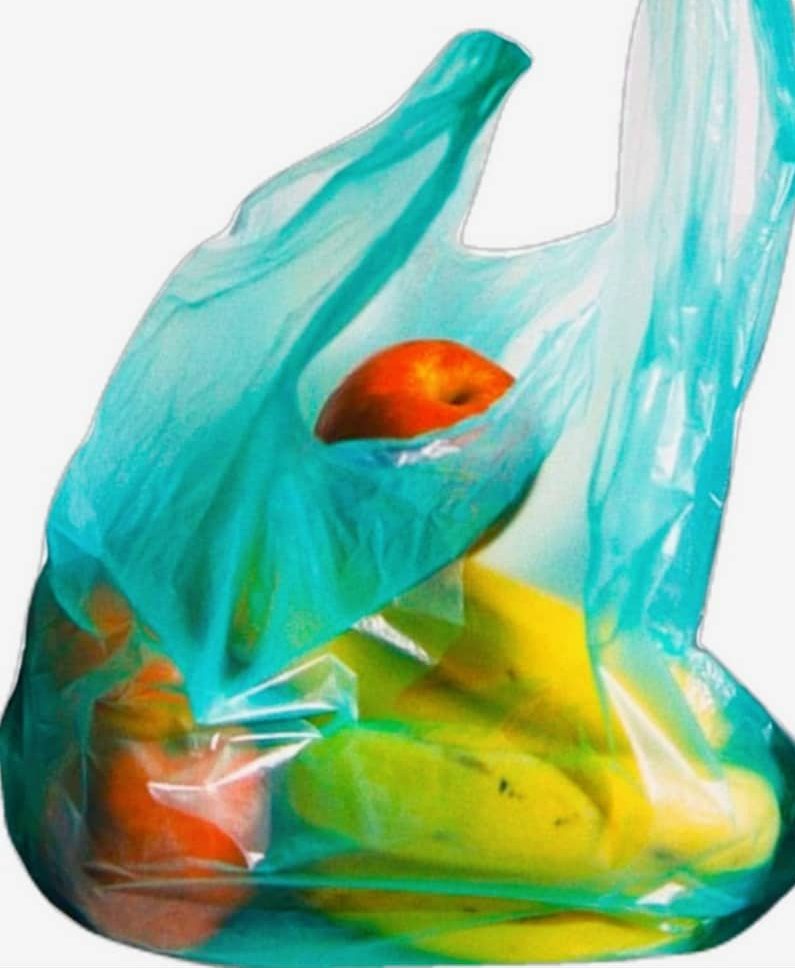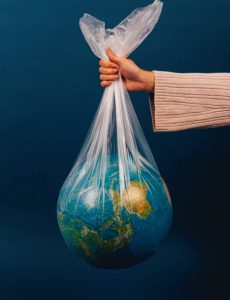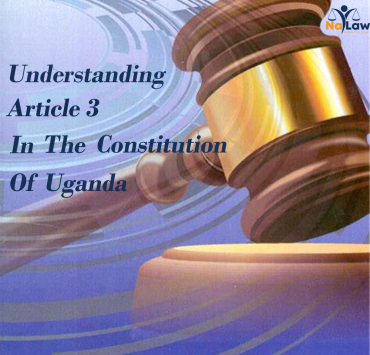Overcoming Challenges: Uganda’s Battle Against Plastic Waste Lies In Strengthening Enforcement

By Tracey Kansiime
Uganda has been making strides in its efforts to combat plastic pollution, particularly through the enforcement of a polythene ban. The country has joined the ranks of African nations taking a stand against plastic waste, with a notable 40 plastic bans across the continent, 16 of which are classified as either partial or total bans. While Uganda’s commitment is commendable, challenges persist in the implementation of the polythene ban. This article explores the hurdles faced by Uganda and provides recommendations to strengthen its resolve in the fight against plastic pollution.
The country’s journey to tackle plastic waste has encountered several stumbling blocks. One significant hurdle is the lack of resources, capacity, and manpower within government agencies responsible for enforcing the polythene ban. To overcome this, there is a crucial need for increased investment in resources and capacity building. Strengthening these agencies will empower them to effectively monitor and regulate the use of plastic bags, fostering a more robust enforcement mechanism.

A critical aspect of overcoming the plastic waste challenge lies in public awareness. Many Ugandans remain uninformed about the detrimental effects of plastic litter on the environment and public health. To address this, a comprehensive public awareness campaign is imperative. By highlighting the hazards of plastic waste and promoting alternative packaging materials, such a campaign can reshape public opinion and garner support for the ban.
The legal framework surrounding Uganda’s polythene ban faces hindrances in enforcement due to gaps in its design. A crucial step forward involves broadening the legal structure to encompass all types of plastic waste, not just polythene bags. This comprehensive approach will ensure effectiveness in addressing and controlling all forms of plastic waste, contributing to a more holistic solution.
There are existent loopholes in the permit system that have allowed businesses to continue manufacturing and selling plastic bags, undermining the effectiveness of the ban. Strengthening the permit system and restricting plastic bag production and distribution to licensed businesses is a viable solution. This measure will not only curb the production of plastic bags but also regulate their quality and thickness, preventing harm to the environment.
The need to address plastic waste in Uganda demands a comprehensive strategy that tackles challenges and compliance gaps in the polyethylene prohibition. This involves investing in resources and capacity building, launching an extensive public awareness campaign, revising the legal framework, and closing loopholes in the permit system. By embracing these measures, Uganda has the potential to eliminate plastic waste, ensuring a clean and healthy environment for its projected population of over one hundred million people by 2050.
In conclusion, Uganda’s commitment to banning plastic bags is a positive step towards environmental sustainability. By acknowledging and overcoming the challenges, the country can emerge as a beacon of success in the fight against plastic pollution. With a concerted effort to invest in resources, raise public awareness, strengthen the legal framework, and close permit system loopholes, Uganda can pave the way for a cleaner, healthier future. The battle against plastic waste is formidable, but with strategic and collective action, Uganda can triumph over the environmental menace and inspire others to follow suit.





